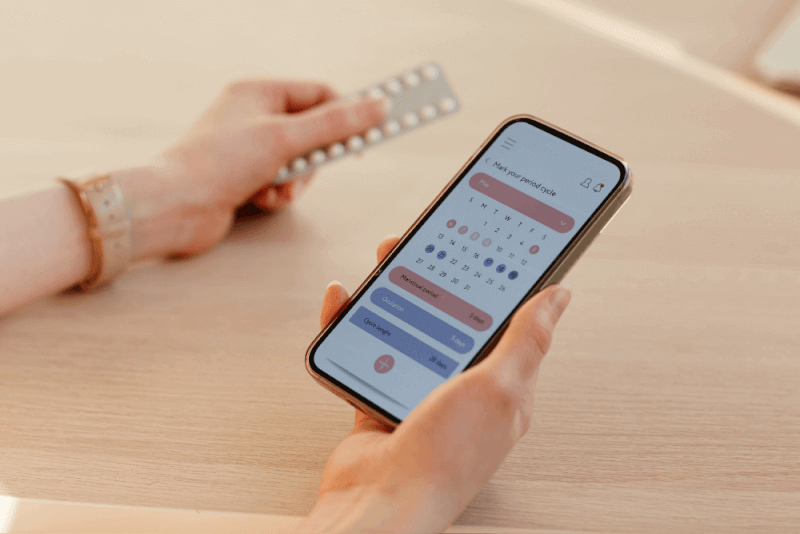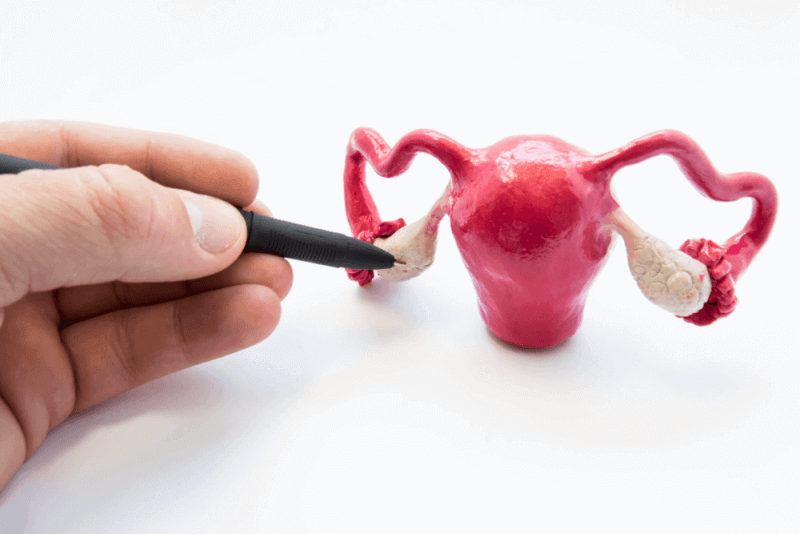What is pregnancy monitoring?
Pregnancy monitoring is conducted to ensure the health of both the mother and the baby during the pregnancy period. Pregnancy monitoring begins from the confirmation of pregnancy through blood or urine tests. To confirm pregnancy via ultrasound imaging, a 2-week wait is necessary after the tests. Ultrasound imaging determines whether a sac has formed in the uterus, as no sac forms in cases of ectopic pregnancy.
Reasons for pregnancy monitoring
Pregnancy monitoring not only helps understand the health status of both the mother and the baby but also informs the parents about the baby's development. Pregnancy monitoring is conducted as frequently as deemed necessary by doctors from the confirmation of pregnancy until birth.
Importance of pregnancy monitoring
Regular monitoring of pregnancy provides great benefits for both the mother and the baby. The importance of pregnancy monitoring for babies includes:
- In addition to regular ultrasound scans, medical checks and tests help understand whether the baby is developing healthily in the womb.
- During these checks, the baby's height and weight, as well as the development of internal organs, bones, and brain, can be monitored. This helps clearly determine the health status.
- It allows early diagnosis of potential abnormalities in the fetus, enabling necessary interventions at an early stage.
- The position and size of the fetus in the womb are extremely important for planning the delivery.
- Informing the mother during pregnancy monitoring helps her prepare for newborn care post-delivery.
- Regular pregnancy monitoring helps establish the bond between mother and baby at an earlier stage, preparing the mother psychologically for the process.
Pregnancy monitoring also offers many benefits for the mother. These benefits include:
- Regular health checks monitor the mother's weight gain, blood pressure, blood sugar levels, and general health status.
- Information is provided on points that mothers should pay attention to during pregnancy.
- It allows early diagnosis and prevention of complications that may occur in the mother during pregnancy.
- It is effective in planning the delivery and reducing stress for the mother during the delivery process.
- It helps address the mother's questions and concerns.
How frequent should pregnancy monitoring be?
The frequency of monitoring during pregnancy varies depending on the condition of the mother and baby. Generally, in the first three months of pregnancy, checks are done every 2-3 weeks, and in the following months, less frequent checks are sufficient. However, the frequency of monitoring is increased in cases of multiple pregnancies or chronic diseases.
Weekly pregnancy monitoring process
The important aspect of pregnancy monitoring is performing necessary tests and ultrasound imaging during critical weeks for the fetus's development. Therefore, it is recommended to have checks especially during the weeks mentioned below:
- Between weeks 10 and 14, the baby's nuchal translucency is measured. Additionally, a double screening test is done within these weeks to allow early diagnosis of conditions like down syndrome.
- Between weeks 16 and 18, a triple screening test is performed. If the result of the triple screening test is high, an amniocentesis test is necessary to confirm the diagnosis.
- Between weeks 20 and 24, a detailed ultrasound imaging is done as the development of the fetus's internal organs is largely complete. This allows early detection of abnormalities in the baby.
- Between weeks 24 and 28, a glucose challenge test is done to detect diabetes that may develop due to pregnancy.
- In case of Rh incompatibility, an Rh immunoglobulin injection is given at week 28.
- At week 36, the doctor determines the mode of delivery. If there is a health issue preventing normal delivery, a cesarean plan is made at this stage.
- After week 36, NST tests are done to evaluate the baby's condition. Weekly checks are recommended until week 40.
- If the pregnancy lasts longer than 40 weeks, NST tests are done every 2-3 days.








